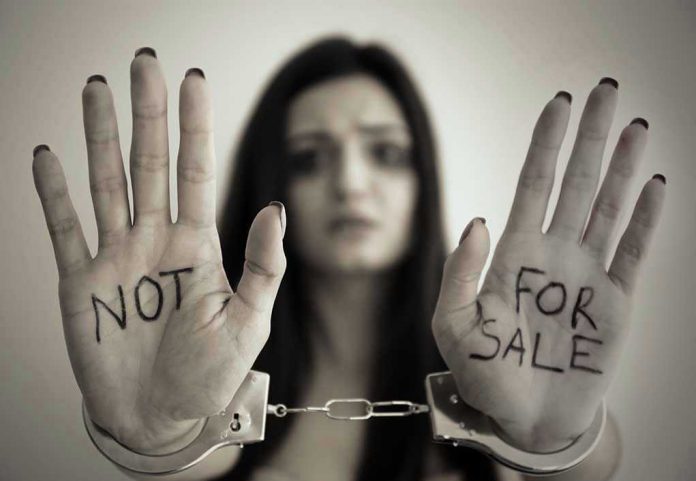
UN experts have issued a damning indictment against Russia, urging an end to the horrifying trafficking and exploitation of migrant women that has persisted for decades.
At a Glance
- UN experts demand Russia address human trafficking of migrant women.
- Systemic exploitation includes forced labor and severe violence.
- Russian authorities accused of ignoring decades of complaints.
- International pressure mounts as abuses continue unabated.
UN’s Call for Action
On July 28, 2025, UN experts issued a stern public statement condemning Russia’s inaction regarding the trafficking and forced labor of migrant women, primarily from Uzbekistan and Kazakhstan, in Moscow’s Golyanovo district. These women have suffered unimaginable abuses, including forced labor, torture, and sexual violence, all while Russian authorities have turned a blind eye. The UN experts described the situation as a “deeply disturbing” example of modern slavery, enabled by systemic legal and institutional failures.
#Russia: UN experts urge authorities to take immediate & decisive action to end long-standing trafficking and forced labour of migrant women in the #Golyanovo district of Moscow, ensuring accountability as well as justice & redress for all victims.https://t.co/c4ZJ1LPcfZ pic.twitter.com/qCqgbhacAc
— UN Special Procedures (@UN_SPExperts) July 28, 2025
The experts’ statement shines a light on the harrowing conditions faced by these women, who are lured into Russia with false promises of legitimate employment. Instead, they find themselves trapped in a cycle of exploitation, with their documents confiscated and their rights stripped away. Despite decades of complaints from victims and civil society organizations, Russian authorities have consistently failed to investigate or prosecute the perpetrators, allowing this modern-day slavery to fester unchecked.
The Historical Context
This isn’t a new issue. Since the 1990s, Golyanovo has been notorious for its exploitation of migrant labor, particularly women. Post-Soviet labor migration patterns brought large numbers of Central Asian migrants to Russia, hoping for economic opportunity. However, weak labor regulations and limited oversight in sectors like retail have made these migrants easy prey for traffickers looking to profit off their labor. The lack of response from Russian authorities has only emboldened these exploiters.
Migrant women, often isolated and lacking legal status, find themselves at the mercy of traffickers. These women are forced into labor under brutal conditions, facing violence and sexual abuse daily. The situation is exacerbated by the systemic failures of Russian legal and institutional frameworks, which have consistently failed to protect these women or hold their abusers accountable.
Implications and Consequences
The UN’s call for action is unlikely to go unnoticed. International scrutiny is intensifying, and pressure is mounting on Russia to address these abuses. If Russia continues to ignore this issue, it risks further damaging its international reputation and relations, particularly with Central Asian states. The ongoing exploitation not only highlights the failures of Russian authorities but also underscores the global nature of human trafficking, which disproportionately affects women and girls.
For the victims, the consequences are dire. Without intervention, these women remain trapped in a cycle of abuse, with little hope for escape. The continued impunity of traffickers only serves to entrench these criminal networks, eroding the rule of law and perpetuating a culture of exploitation.
What Needs to Change
For meaningful change to occur, Russia must take immediate, decisive action. This means implementing robust legal frameworks to protect vulnerable populations and holding perpetrators accountable. It also requires a shift in attitude, where the rights and dignity of all individuals, regardless of their nationality, are respected and upheld.
The international community, including the UN and various NGOs, will continue to exert pressure on Russia. However, without the political will from Russian authorities, these efforts may be in vain. It’s time for Russia to demonstrate its commitment to human rights and end the cycle of exploitation that has tarnished its standing on the world stage.




